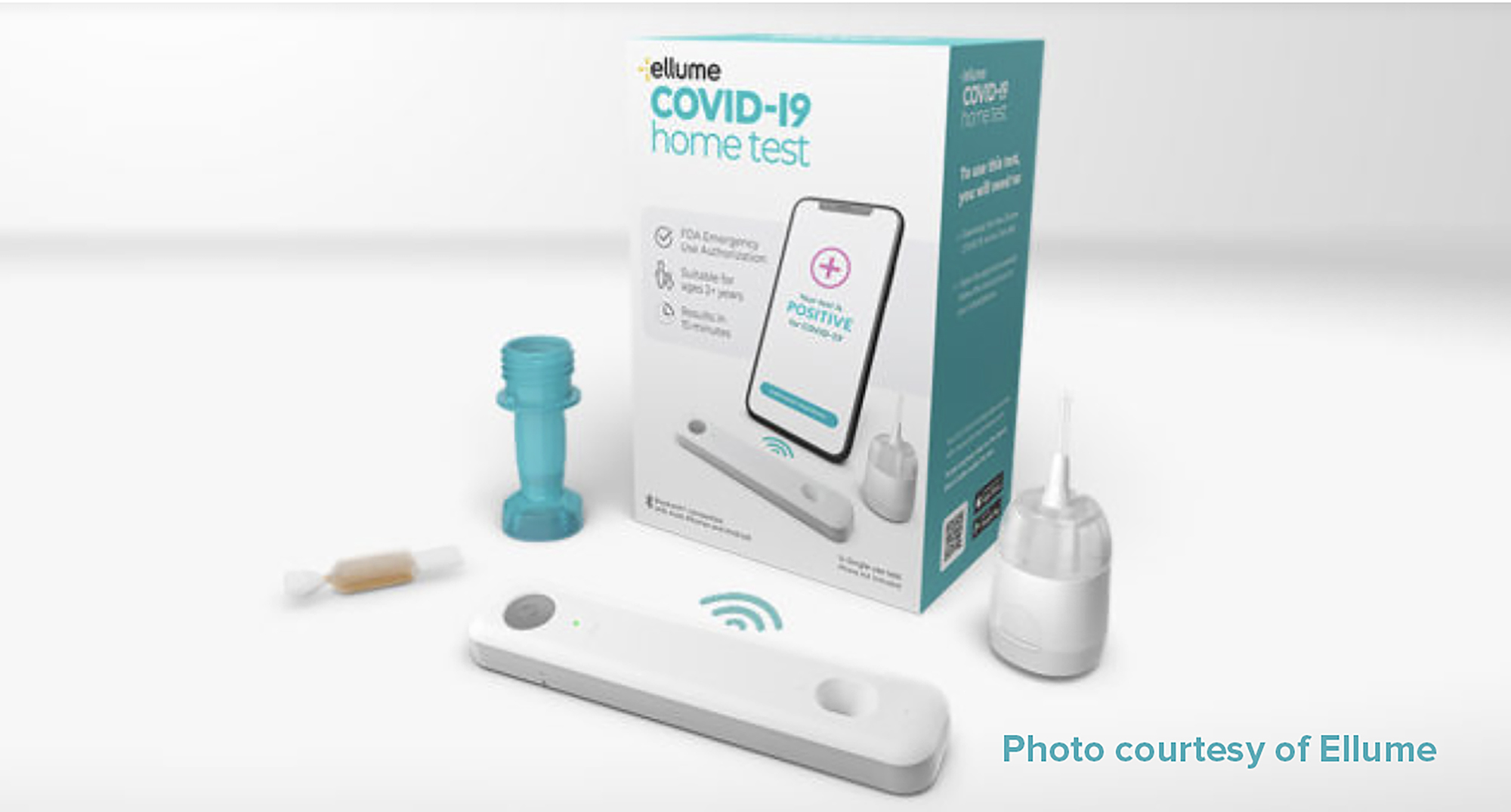Although hospital beds are quickly filling due to a second surge of COVID-19 cases across North America, Europe, Asia, and Latin America, there is some progress that offers hope for a safer and more “normal” future. Vaccines are being distributed to the most vulnerable as well as essential workers and the U.S. Food and Drug Administration recently authorized three new rapid coronavirus tests for home use.
According to the Washington Post, these tests will allow people to screen themselves at home for the novel coronavirus with results in about 15 minutes. The tests are an important part of helping to stem the spread of the virus while more people are vaccinated. The rapid tests allow the user to swab their own nostrils and the newest, the Ellume test will use a smartphone app to deliver results. This test will cost about $30 and should be available starting in the first few weeks of January 2021.
The BinaxNOW test is also set for home delivery in the early months of 2021 at a much higher volume with a cost of just $25 per test. These tests have been distributed already to nursing homes and schools where healthcare workers and others have been trained to administer them. Home tests will be ordered through the smartphone app Navica after answering health questions and a telehealth company will supervise the administration of the test to ensure it is used correctly.
How Accurate?
The rapid home tests are about 90 percent accurate, but as they are refined, accuracy is improving. A negative test however, does not remove the need for people to continue to wear face masks in public when social distancing is not possible and practice good hand hygiene. Tests that are offered by prescription only are more likely to be covered by health insurance, and in the coming weeks it is anticipated that cheaper and more accurate tests will become available.
Health Canada has also authorized a COVI19 at-home test from Switch Health. The home testing kit uses a PCR swab test and requires users to log into a secure service and video chat with a nurse who will offer guidance on proper administration. The kits are expected to be available in January or February 2021. Making these kits available in schools and public spaces like airports is hoped to help control the spread of the virus.






Add Your Voice
0 Comments
Join the Discussion